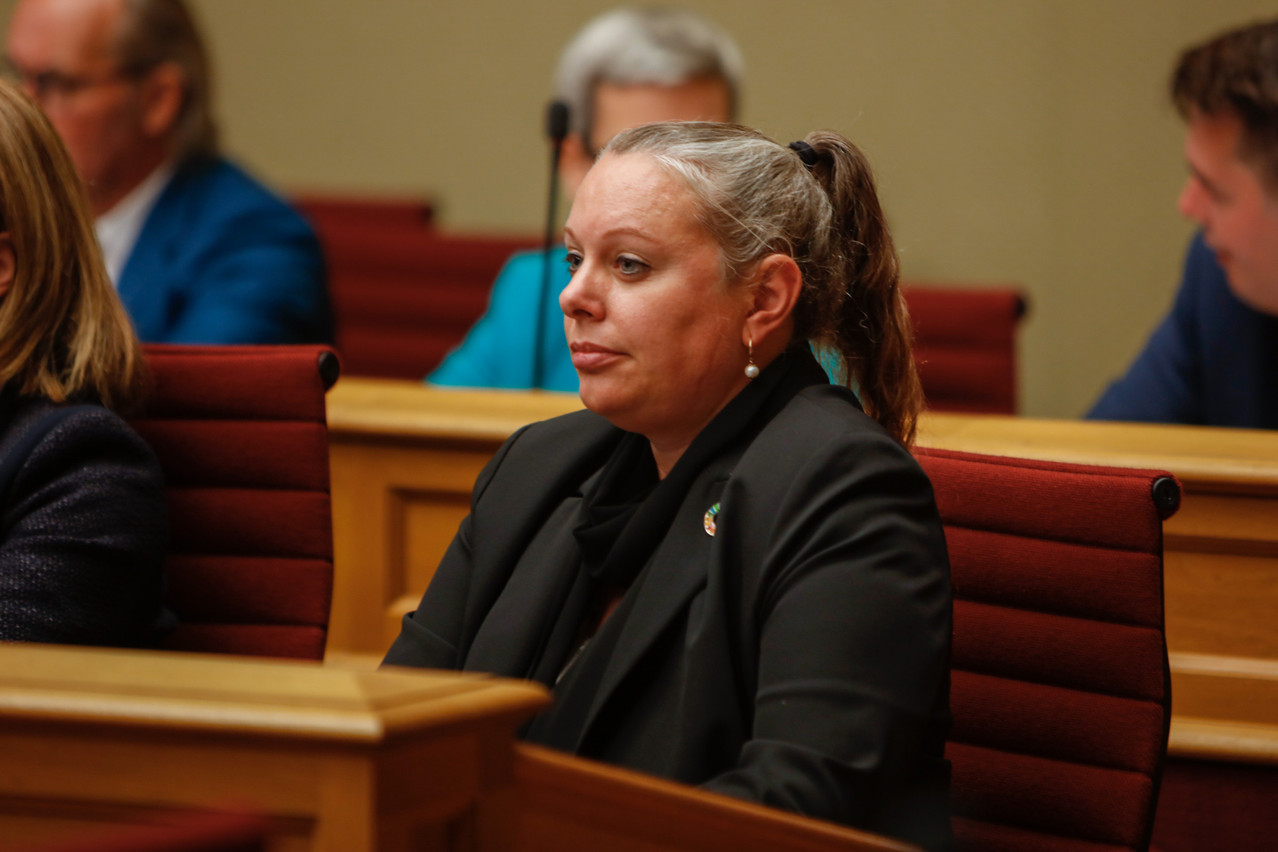The resignation of (déi Gréng) from the environment ministry, following , opened the way to a legal imbroglio surrounding the interpretation of the Constitution: which institution is competent to judge a minister or former minister? Would it be the Chamber of Deputies? An ordinary court?
To clarify the issue, bill was tabled on Monday by the four main parliamentary groups in the Chamber (DP, LSAP, déi Gréng and CSV). This draft law should organise "the procedure for judging the criminal responsibility of government members after indictment by the Chamber of Deputies".
Applying ordinary law
This solution, which partly adopts the recommendations of the constitutionalist Luc Heuschling, proposes to submit the procedure entirely to common law, both in terms of the substance of the law and the procedure, avoiding as far as possible a special regime for members of the government.
The Chamber of Deputies will intervene at two stages. At the beginning of the procedure, to authorise a preliminary enquiry or investigation into the member of the government, and at the end of the investigation or inquiry, to decide, if necessary, on the indictment of the government member.
Otherwise ordinary legal procedure applies. The investigation and inquiry are not the responsibility of a special committee formed within the Chamber, but of the judicial authorities. Secondly, any trial of members of the government is not the responsibility of the Superior Court of Justice, but of the ordinary courts, depending on the type of offence in question. The police court takes care of fines, the correctional chamber of misdemeanour charges, and the criminal chamber follows up on crimes.
Future reform
This draft law comes at a particular time. The reform of the Constitution, which is due to be voted on for the second time in October or November in parliament, provides for a complete change in the current system of criminal proceedings against members of the government by making it subject to ordinary law.
But this reform is to come into force six months after its enactment, i.e. in the middle of the first half of 2023. This is too long a delay for some--especially as the procedure could disrupt the municipal and parliamentary elections taking place in June and October next year.
A "temporary" law
This bill is therefore temporary, pending the implementation of the constitutional reform. Above all, it will allow the courts to hear the Dieschbourg case as early as October or November, if the legislative procedure is not delayed and the law is adopted quickly after the start of the next parliamentary session after the summer recess.
And even if this law seems tailor-made for the Dieschbourg case, the text of the law states: "It is not appropriate, however, to adopt a law intended for a particular person, but to introduce a law of a general nature.”
This story was first published in French on . It has been translated and edited for Delano.
